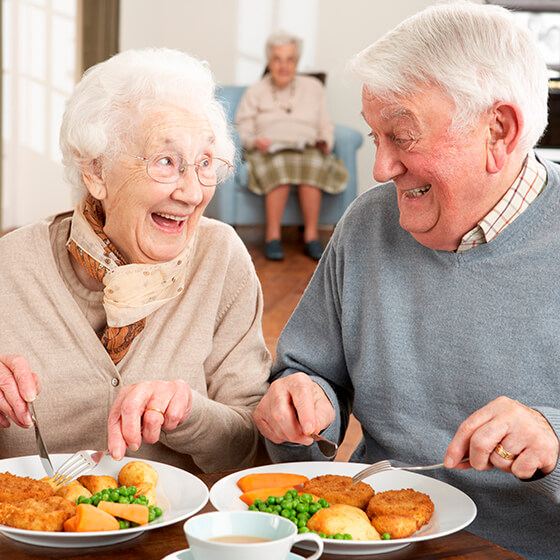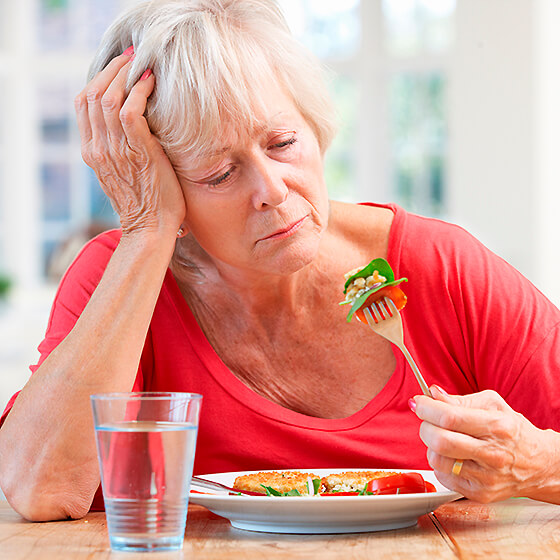Dealing with Loss of Appetite in the Elderly (Part 2)
Last week we discussed the possible medical and non-medical causes of appetite loss in the elderly. It is critical to address any medical conditions by working with your family doctor, or specialist and creating a plan of care that specifically addresses your elderly loved ones individual medical needs. A personal care worker can be of great assistance in regards to keeping medicine on an organized routine and supporting physical therapy regimens. Aside from doctor-prescribed health routines, there are a few techniques you can experiment with to see if there is...Read More


